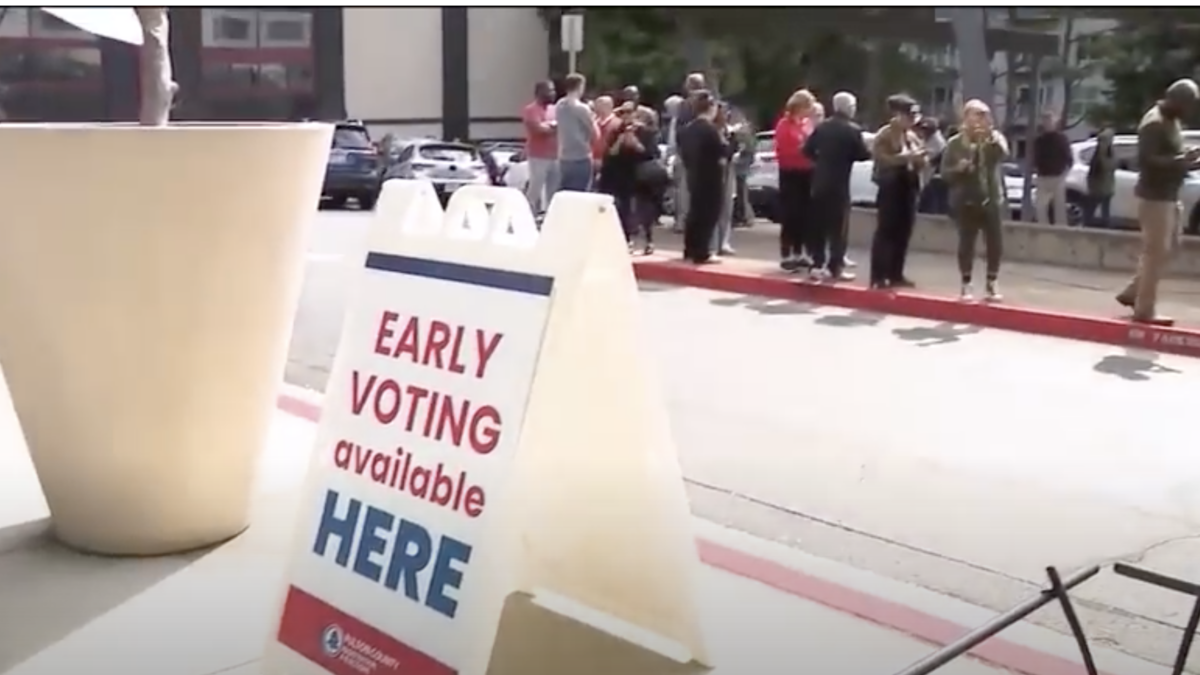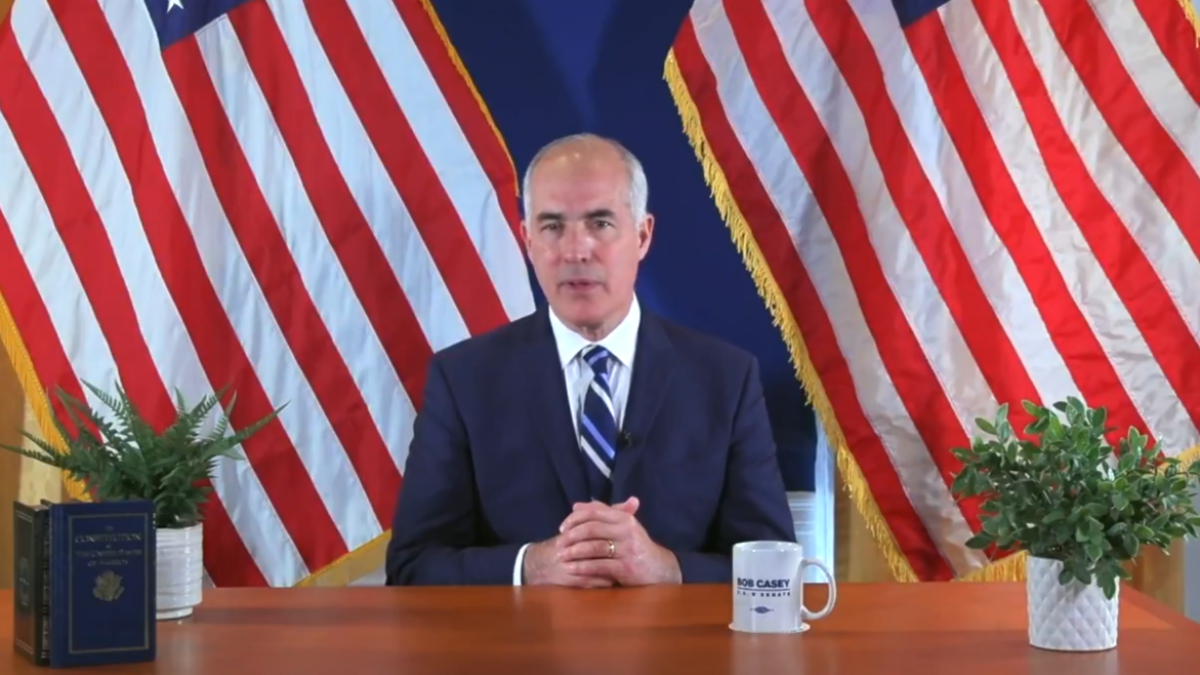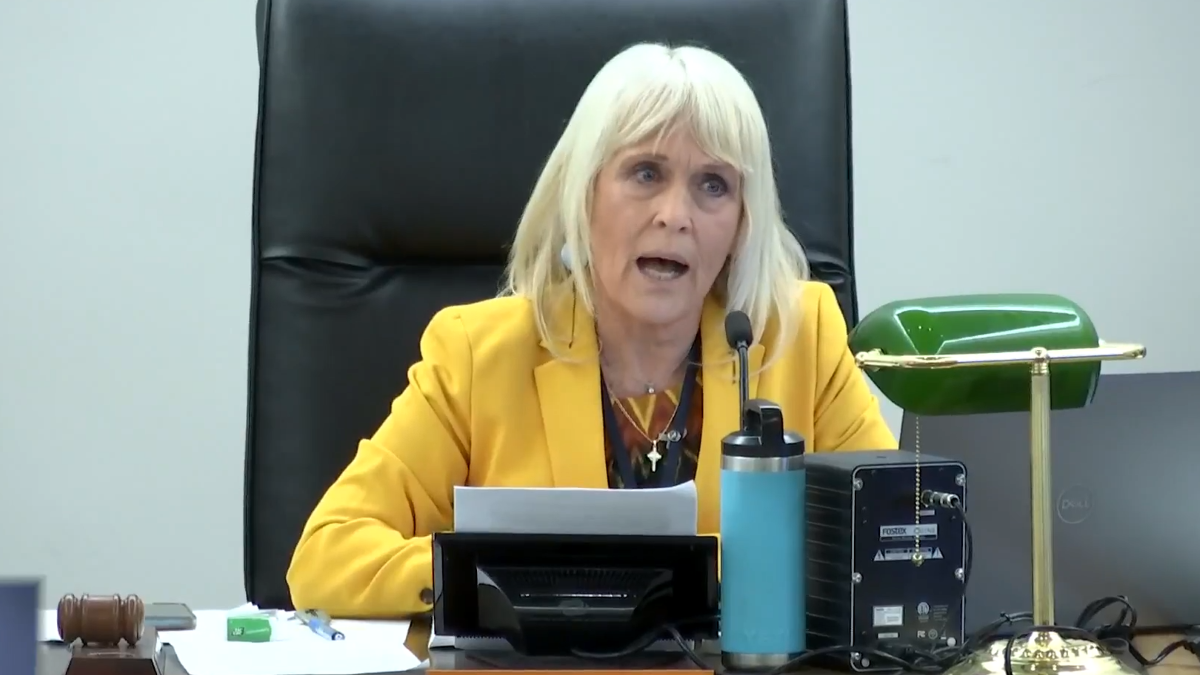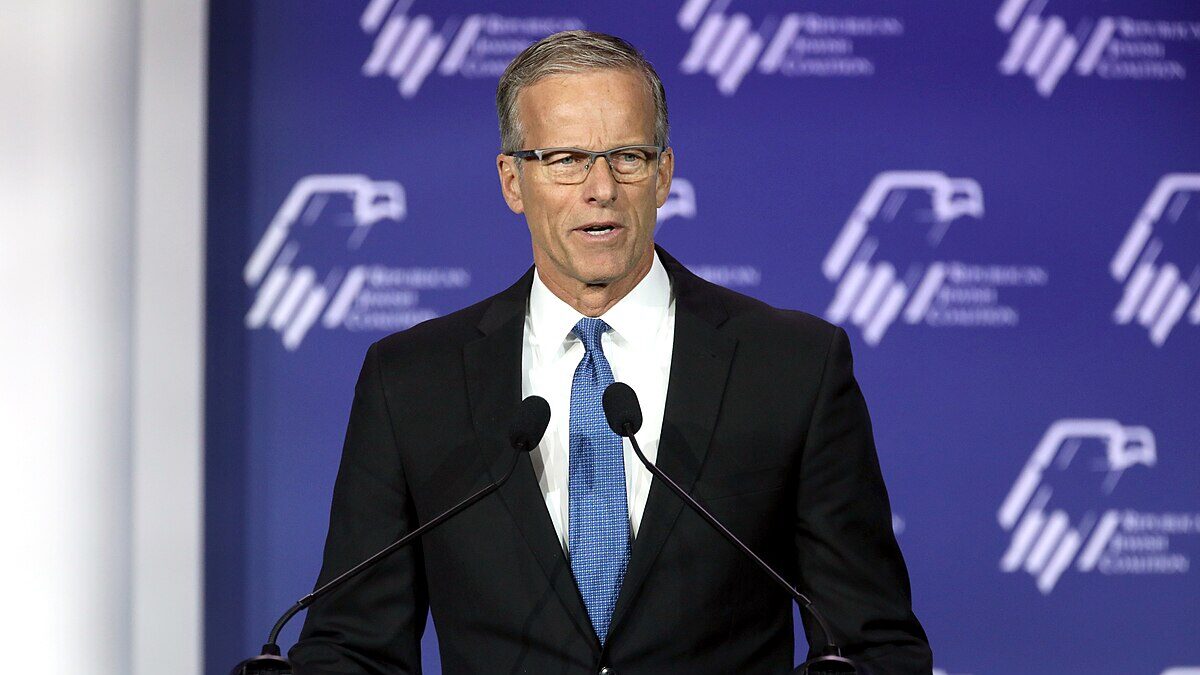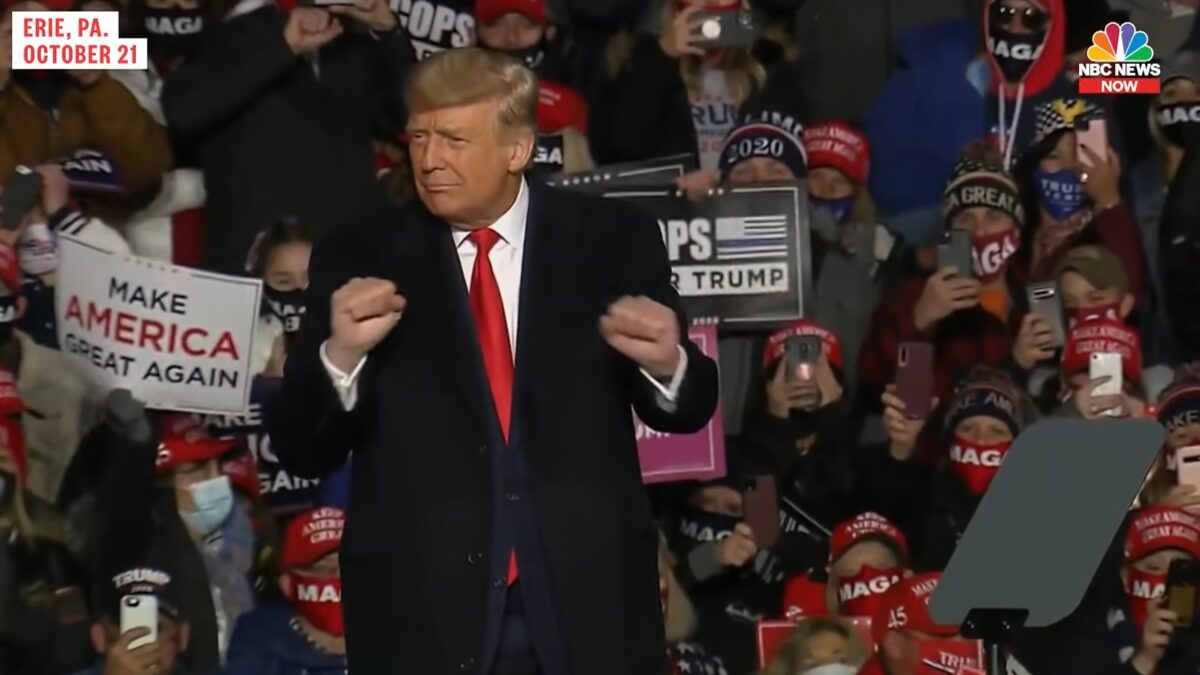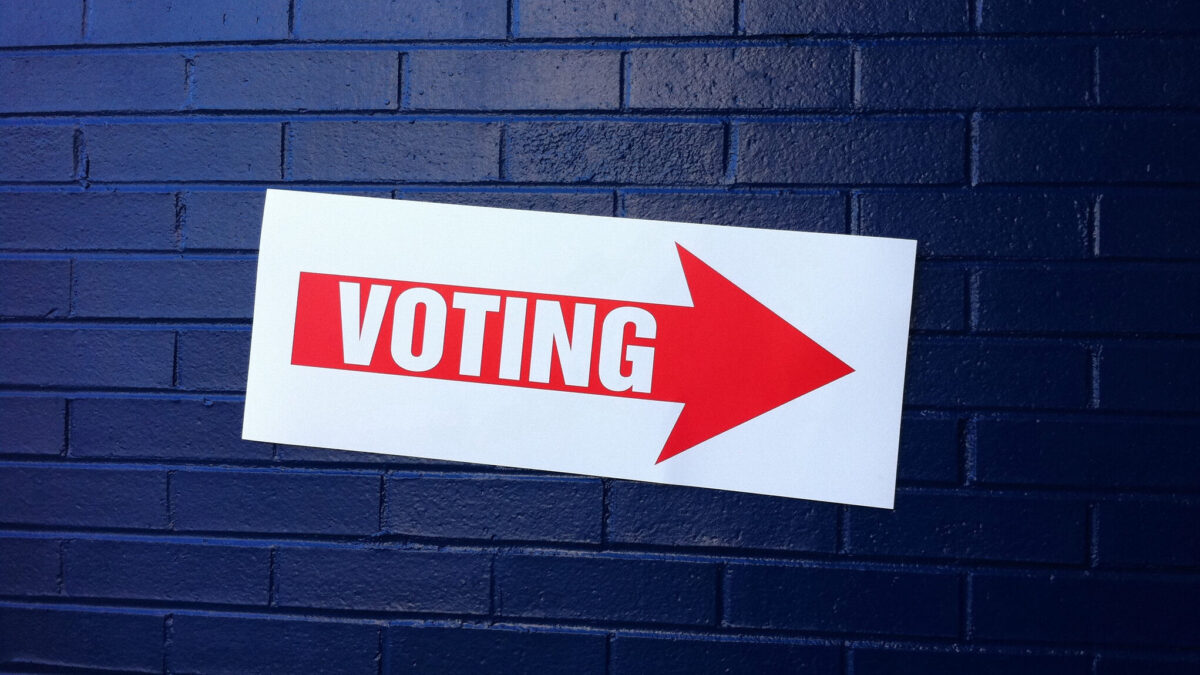
States are required to keep their voter rolls clear of ineligible voters. In Georgia, voters can challenge the eligibility of another voter — a useful practice when the state isn’t doing the required list maintenance. But the Cobb County Board of Elections and Registration adopted a rule Tuesday requiring people who challenge a potentially ineligible voter to pay to notify that voter.
The 4-1 vote — in which Republican Debbie Fisher was the sole opposition vote — forces challengers to pay for the “cost of printing the challenge notice and for the postage to mail it,” ABC News reported. The rule has not yet been publicly posted.
Cobb County Republican Chairwoman Salleigh Grubbs called the rule “ridiculous” in a statement to The Federalist.
“It’s ridiculous to charge for voter challenges,” Grubbs said. “They are charging the public when they are responsible for doing it and we already pay taxes for keeping the rolls clean!”
State law authorizes voters to “challenge the eligibility of another voter if they suspect that person no longer lives in the county,” according to Just The News.
Democrats have frequently targeted election integrity activists in the Peach State for trying to ensure that voter rolls are clean and accurate. A Barack Obama-appointed judge ruled in January that challenging potentially ineligible voters is legal after a left-wing nonprofit-backed lawsuit by failed gubernatorial candidate Stacey Abrams attempted to end that option. The suit was spurred after True The Vote (TTV) announced plans in 2020 to challenge the eligibility of more than 364,000 Georgia voters prior to the Senate runoffs.
A more narrow list, containing approximately 39,000 challenges, was created by former Marine and FBI special agent Derek Somerville and voter data analytics and residency issues expert Mark Davis, as The Federalist’s Shawn Fleetwood explained. The judge overseeing the case, Steve Jones, ruled that Somerville and Davis’ list was “more careful and deliberate than that of TTV” and noted Somerville and Davis “wished to challenge as few people as possible and ensure that the voters they did challenge had a legitimate basis to be challenged.”
As The Federalist reported, “more than 12,000 in-state movers tacitly confirmed they illegally cast their vote in the wrong county in 2020” by updating their voter registration cards to their new address after voting in the district they had recently left. That means that 12,000 voters had their eligibility justly challenged.
But it was private citizens who worked to clean voter rolls of such inaccuracies because the state failed to uphold its legal duties. In an effort to now end that public accountability mechanism, Cobb County is requiring Georgians who want free and fair elections to personally pay for such free and fair elections.
As Davis said in a post on Facebook, “A challenge is nothing more and nothing less than a petition to our government for redress of grievances. If that phrase sounds familiar it’s because it is your first amendment right.”
“It’s our own government’s fault they’ve allowed our voter rolls to get into the sorry shape they’re in,” Davis continued, pondering whether the government would next start charging for “complaining at a school board meeting.”


